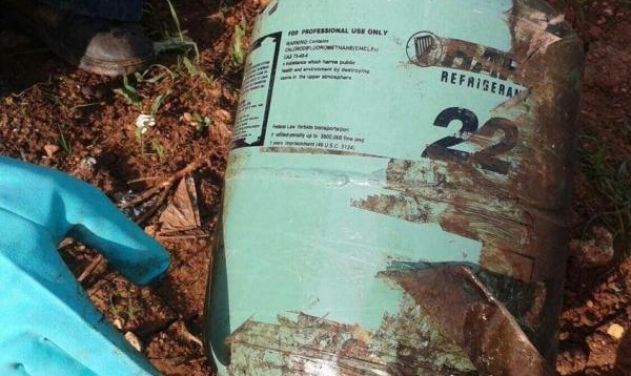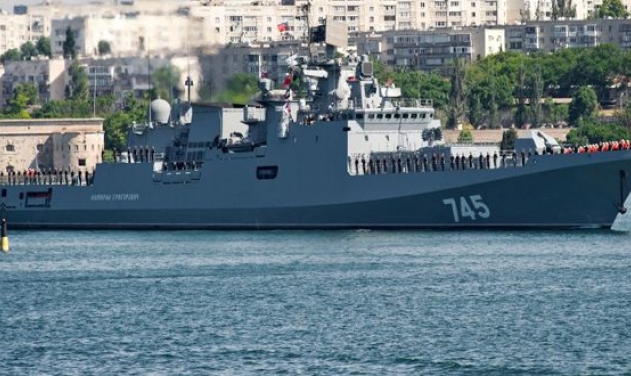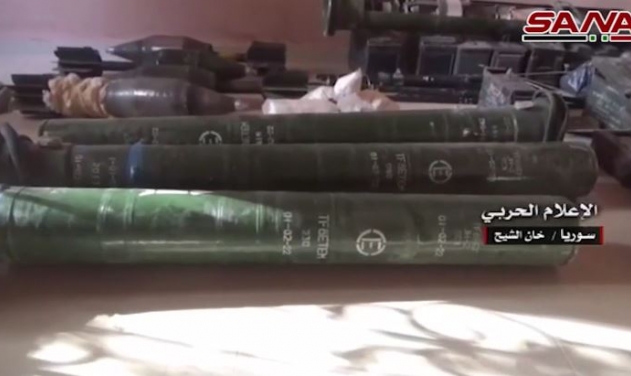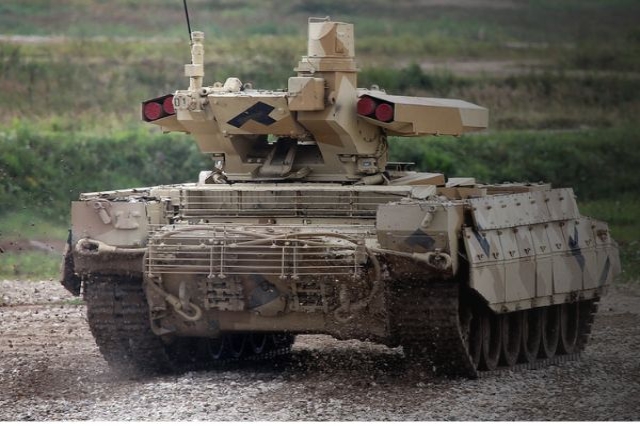Turkey Claims Islamic State Used Chemical Weapons In Syria; Media reports

The Islamic State (IS) might have used chemical weapons against Turkish-backed Syrian rebels in Northern Syria that wounded 22 on Sunday.
The Russian defense ministry is looking at the possible chains supplying toxic substances to Syrian militants after a mustard gas mine was found near the city of Aleppo, the ministry’s press service said on Saturday.
A Turkish military statement in the state-run Anadolu news agency says 22 rebels showed symptoms of exposure to "chemical gas" after a rocket attack east of al-Rai, near the Syria-Turkey border. The statement did not indicate when the attack took place.
The wounded were evacuated to the Turkish border town of Kilis where they are being tested for traces of chemical weapons, Turkish media reported.
A report in August by the Organization for the Prohibition of Chemical Weapons says there is enough evidence to pin responsibility for two chlorine gas attacks on the Syrian army and a mustard gas attack on Islamic State.
The Assad government denies being behind any chemical attacks, blaming them on "terrorists," its name for rebels.
Also Sunday, the Israeli military says it killed four gunmen with ties to Islamic State-affiliated militants in Syria.
"The analysis, carried out in strict compliance with the order and requirements of the OPCW procedures (Organization for the Prohibition of Chemical Weapons), has confirmed that the toxic substance - mustard gas that, with a high rate of possibility, is produced homemade was present in the samples, which proves that militants have streamlined production of chemical weapons," the Russian defense ministry said.
"Along this this, it cannot be ruled out that poisonous substances of mustard gas and other toxic chemicals may be supplied from third countries. Russia’s Defense Ministry carries out work to ascertain the possible chains supplying toxic substances to Syria."
Russian Defense Ministry’s experts have handed over to two Syrian officials, the representatives of the Syrian national body implementing the OPCW convention, the material and documentary evidence of the use of toxic chemicals by militants near the Syrian village of Maarat Umm Hawsh, the ministry said.













